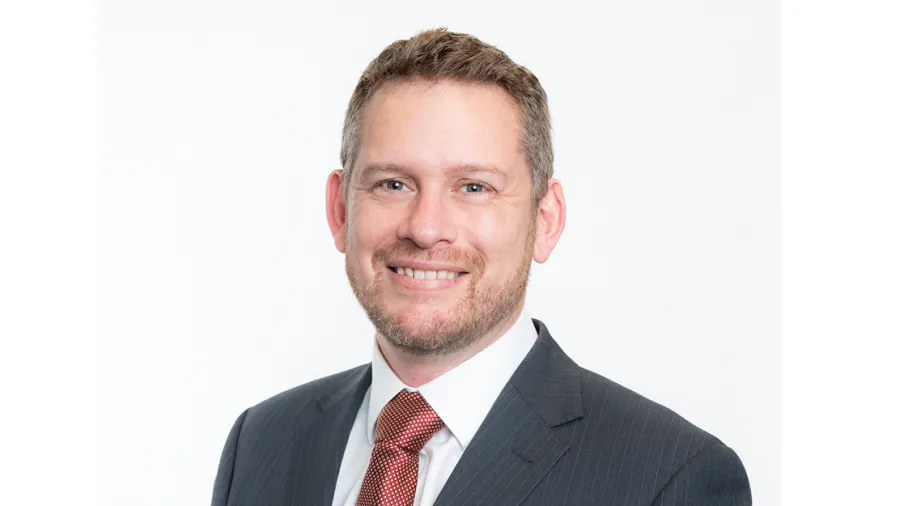
Strategic partnership boosts ACE APAC’s New Zealand solar ventures
The company is working with local developer Far North Solar Farm for four solar projects.
IN entering a new market, Aquila Clean Energy Asia Pacific (ACE APAC) partners with a local industry player as this makes the process more efficient. For its expansion in New Zealand, it partnered with Far North Solar Farm in 2021 to develop and construct a portfolio of solar power plants in the market.
ACE APAC and Far North Solar Farm have since secured portfolio debt financing from Westpac New Zealand for their four solar projects with a total capacity of 180 megawatts-peak (MWp). The first project, the 20.8 MWp Pukenui Solar Farm, is expected to start operations next year.
“When you enter a new market, the easiest way to do that is to partner with locals who know what they are doing. That has been our strategy in New Zealand and we were fortunate enough to find Far North Solar Farm,” Dennis Freedman, Managing Director Australia & New Zealand at ACE APAC, told Asian Power.
Despite the dominance of renewable energy (RE) in New Zealand, which accounts for 80% of its energy mix, Freedman sees the country as a strategic market for growth as it provides a conducive environment for deploying more projects.
Aside from this, electricity demand is also expected to increase in the future, which calls for the need to establish more RE projects.
“As a foreign investor we are required to obtain Overseas Investment Office approval which is not dissimilar to other markets as there are policies and regulations in place for each specific country we operate in, and we work within those policies and frameworks to bring our projects to life,” Freedman said.
“The ways of working and interactions with regulators, government and communities in New Zealand have been very open and transparent,” he added.
Asian Power delved deeper into the energy investment partnership’s strategic plans in this exclusive Q&A.
Can you provide the funding details and explain how it will help boost your assets?
The funding package between Aquila and Westpac was a first of its kind in New Zealand. It was the first time that a foreign entity in New Zealand was able to secure portfolio funding on a fully-merchant basis for a portfolio of solar projects.
The funding package covers four eligible projects with 180 megawatts total combined installed capacity when they're finally built. The first project is currently under construction, the Pukenui Solar Farm, which is in the far north part of New Zealand, with just over 20 megawatts.
What made you decide on a partnership with renewables developer Far North Solar Farm?
ACE APAC is headquartered in Singapore and we operate in five different markets including New Zealand, Australia, Japan, South Korea and Taiwan. When you enter a new market, the easiest way to do that is to partner with locals who know what they are doing. That has been our strategy in New Zealand and we were fortunate enough to find Far North Solar Farm. They have established quite a strong presence locally in New Zealand with people on the ground and have put together a portfolio of projects where they obtained the land. We are doing good work in the communities. The partnership allowed us to get a jumpstart or a head start and enter the market quite quickly.
The energy transition is challenging enough. We encourage our team to find good partners to work with. The people relationships have been great under the partnership. The quality of their work has been very strong and we are united in terms of how we like to approach and engage the market. This is also the approach that we have used in Australia where we have different partners in different parts of the country helping us originate projects.
The counterpoint is if we had not partnered with a local industry player, we would need to find a team of local developers and start knocking on the doors of landowners. That all takes time.
What opportunities does New Zealand present in terms of renewable energy development for the company? Is it a strong strategic location for growth?
We are focusing on Organisation for Economic Cooperation and Development (OECD) countries in APAC, of which New Zealand is one. If you look at the market fundamentals in New Zealand, it is nearly 80% renewable already. Compared to other markets, people might say that that is quite high.
So why in New Zealand? The government has a target of being fully renewable, so there is still around 20% of the total generation required to become renewables to replace existing coal and gas. We believe New Zealand still needs to install around 4,000 megawatts (MW) to 5,000 MW of renewables to hit that target, assuming that there is no demand growth. However, we are seeing strong demand growth in most markets due to electrification, with people moving off gas-fired energy sources and taking up electric vehicles. If you think longer term, there are hydrogen strategies that may require more electricity too.
Through that lens, combined with the fact it is quite a stable regulatory environment, it is a market that we are comfortable working in. Our partnership with Far North allows us to move quickly and to establish a beachhead in terms of projects and people on the ground, which puts us in good stead to be a serious player in the New Zealand market.
Despite RE dominating New Zealand’s energy mix, what challenges are there in deploying clean energy projects in the country?
I’m positive about the New Zealand landscape, insofar as government policy is quite stable and aligned. The understanding socially around the need to move to further renewables is quite strong in New Zealand. Essentially, there's an acceptance of the types of projects that we're building.
But at a more micro level, you do have challenges. When you are building a solar project or wind project in a new community that has not had that before, those changes can change the landscape. Sometimes, that can change the fabric of how the community operates, insofar as the landowner now has something that their neighbour may not. There are some dynamic changes there. Social licence, what we call, social acceptance, and being a good community citizen are very important. That takes time. That is different in every single project and every community that we operate, so that is probably the hardest thing.
The second challenge is around the grid. Again, this is not a New Zealand issue. This is a global issue. None of the electricity grids were developed, built, and planned with renewables in mind, per se, with diversified locations. So, finding areas on the grid that have the capacity for us to connect so that we can actually get our electricity into the system whilst respecting the laws of physics, and how electricity networks operate is a challenge.
But on the positive side, in New Zealand, the government's making some very serious and positive moves into planning reform. They have well-articulated targets for renewable energy. We are finding, at all levels of government, really strong engagement and interest in curiosity with the projects.
How is the social acceptance of developing solar farms in areas that did not have them before?
It takes an ability to be honest with people and communities. Ultimately, you cannot rush change. So, we take our time to engage with communities and to engage with the iwi, We make sure that we are listening and hearing concerns and where possible, making the relevant changes or accepting of things that might be required to make things easier for communities. It takes a lot of education and a lot of explaining what will happen. How will it play out? How many trucks will come down the street? How much noise will it make? What will it look like afterwards?
If you are moving to a new neighbourhood, and you expect to be there for a period of time, you would want to be on friendly terms with your neighbours. That is how we approach our developments as well.
What specific steps or initiatives are you taking to handle grid concerns?
As part of our team of experts, we have a grid engineering manager who analyses and assesses all opportunities and works closely with our broader team of industry experts to address and mitigate any challenges. We are also working with local New Zealand consultants and the networks directly, who bring enormous expertise in this space.
Overall, how has ACE APAC been performing in New Zealand and what more can we expect from the company?
We have a pipeline of 11 solar projects in the country. We are hoping to add wind and batteries to that portfolio in the medium term as well. Our team on the ground is four people plus the Far North Solar Farm team, and we are growing.
We expect to be in New Zealand for quite some time. We see it as two things: a market that is chasing more renewables, which is always positive and we do not have to force it. Number two, it is a market that is relatively comfortable to do business and so it is an important territory for us.
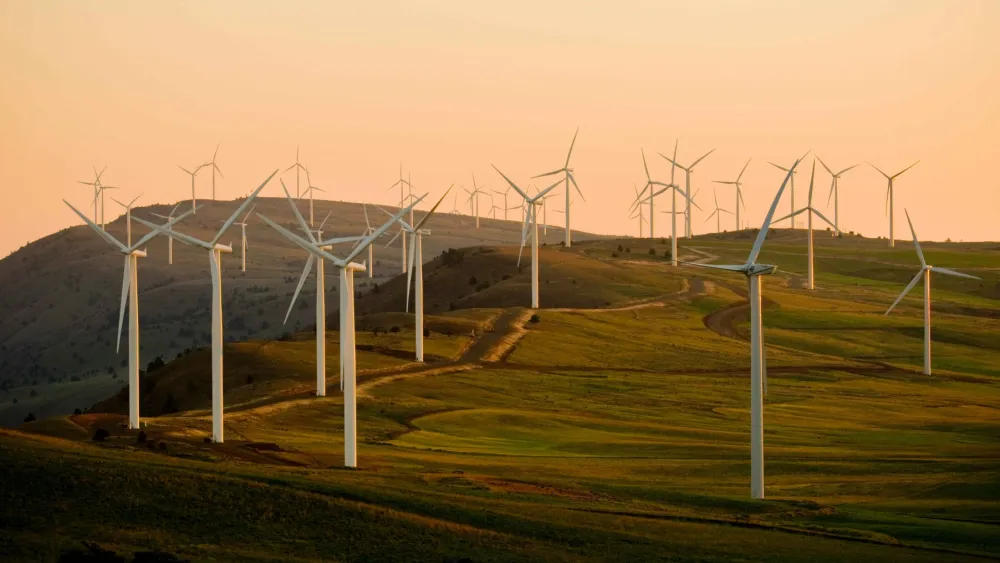
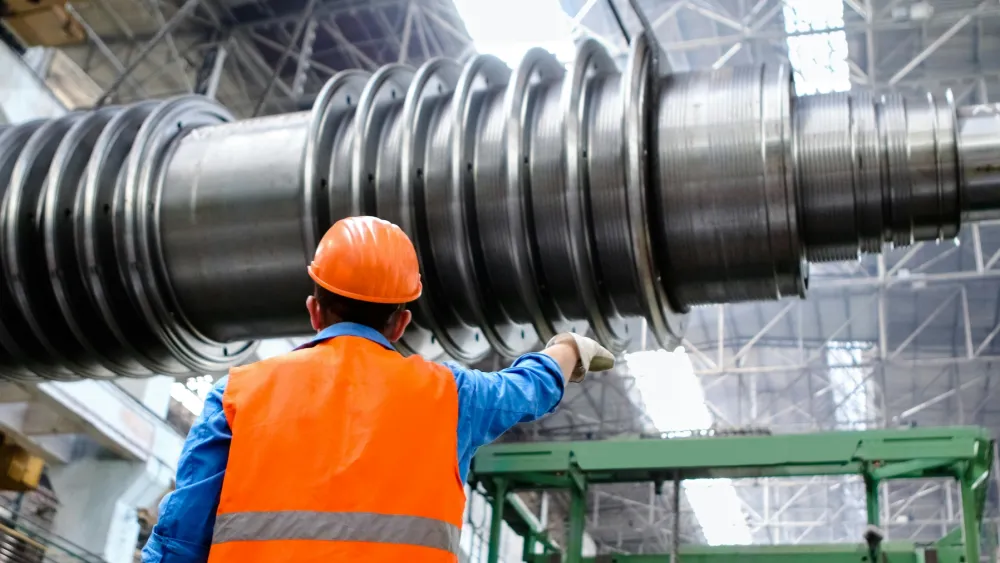

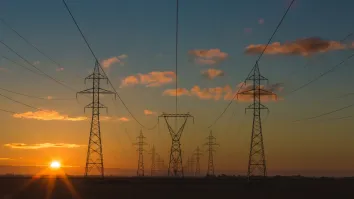
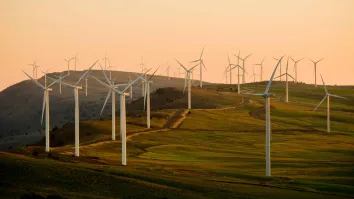














 Advertise
Advertise







